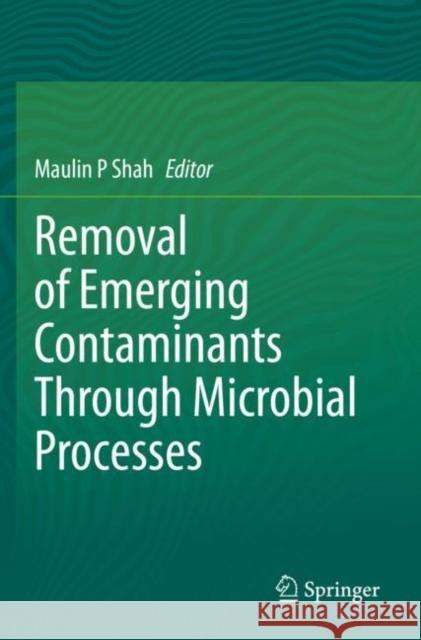Removal of Emerging Contaminants Through Microbial Processes » książka
Removal of Emerging Contaminants Through Microbial Processes
ISBN-13: 9789811559037 / Angielski / Miękka / 2021
Removal of Emerging Contaminants Through Microbial Processes
ISBN-13: 9789811559037 / Angielski / Miękka / 2021
(netto: 881,78 VAT: 5%)
Najniższa cena z 30 dni: 886,75
ok. 22 dni roboczych.
Darmowa dostawa!
The abundance of organic pollutants found in wastewater affect urban surface waters. Traditional wastewater management technologies focus on the removal of suspended solids, nutrients and bacteria, however, new pollutants such as synthetic or naturally occurring chemicals are often not monitored in the environment despite having the potential to enter the environment and cause adverse ecological and human health effects. Collectively referred to as "emerging contaminants," they are mostly derived from domestic activities and occur in trace concentrations ranging from pico to micrograms per liter. Environmental contaminants are resistant to conventional wastewater treatment processes and most of them remain unaffected, causing contamination of receiving water. This in turn leads to the need for advanced wastewater treatment processes capable of removing environmental contaminants to ensure safe fresh water sources.
This book provides an up-to-date overview of the current bioremediation strategies, including their limitations, challenges and their potential application to remove environmental pollutants. It also introduces the latest trends and advances in environmental bioremediation, and presents the state-of-the-art in biological and chemical wastewater treatment processes. As such, it will appeal to researchers and policy-makers, as well as undergraduate and graduate environmental sciences students.











